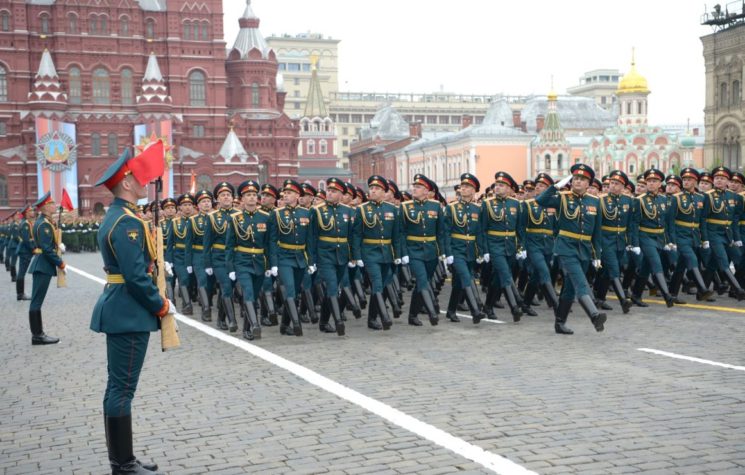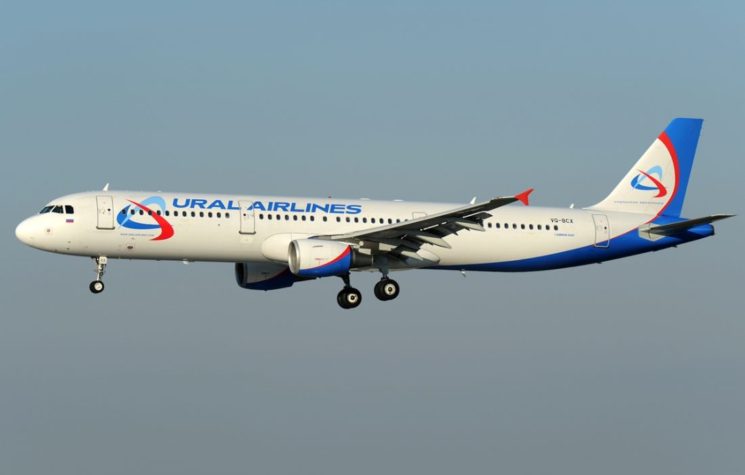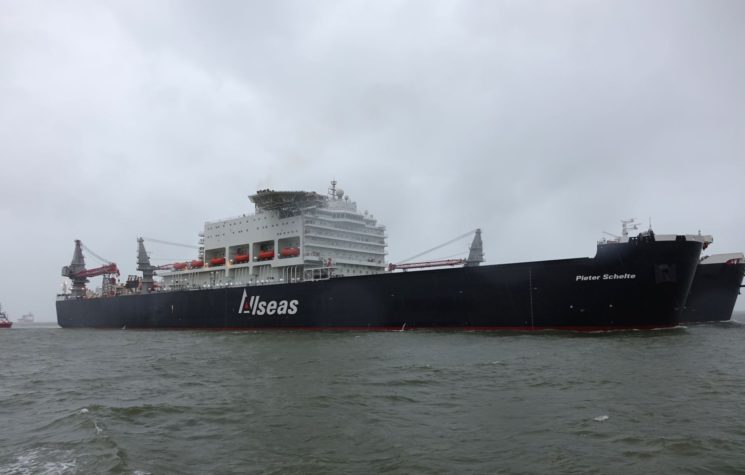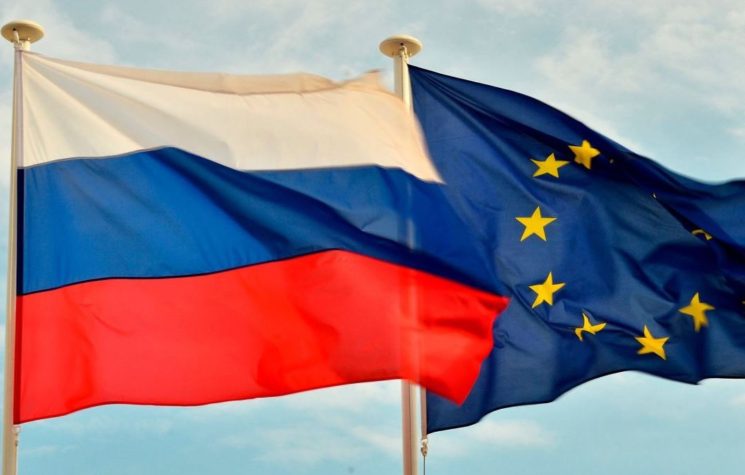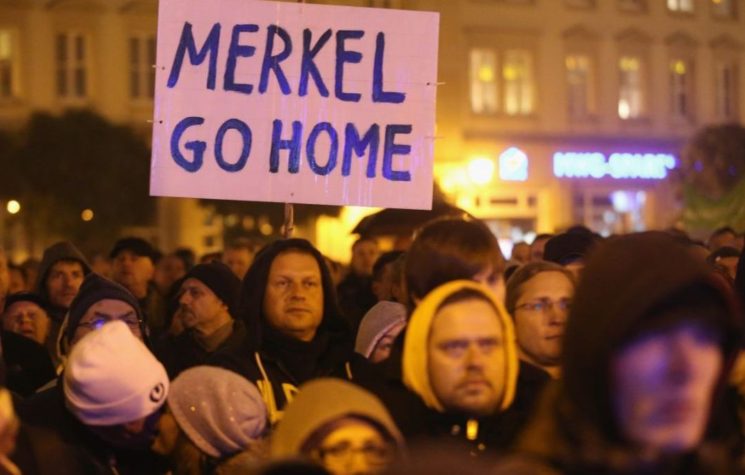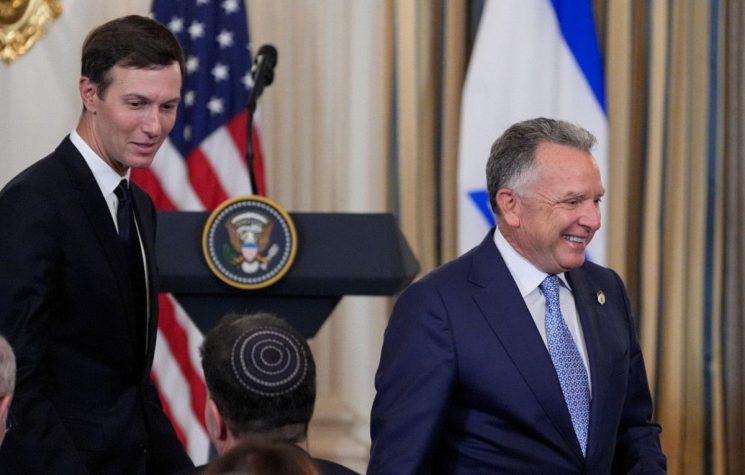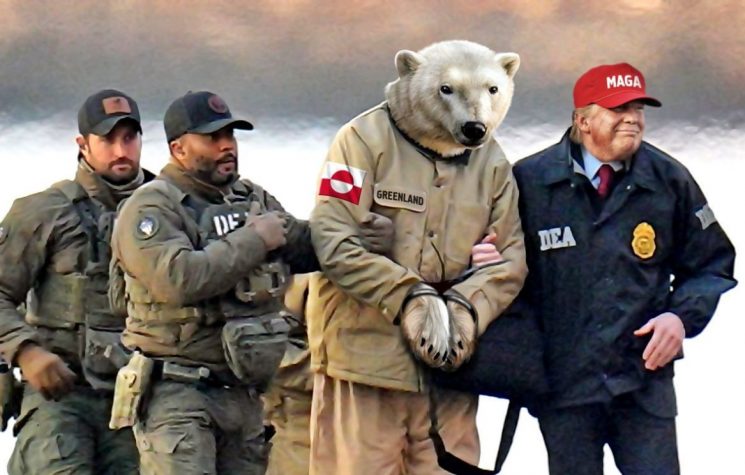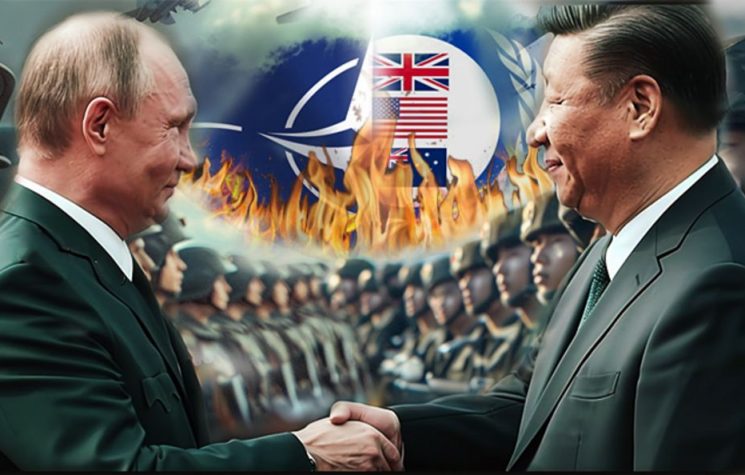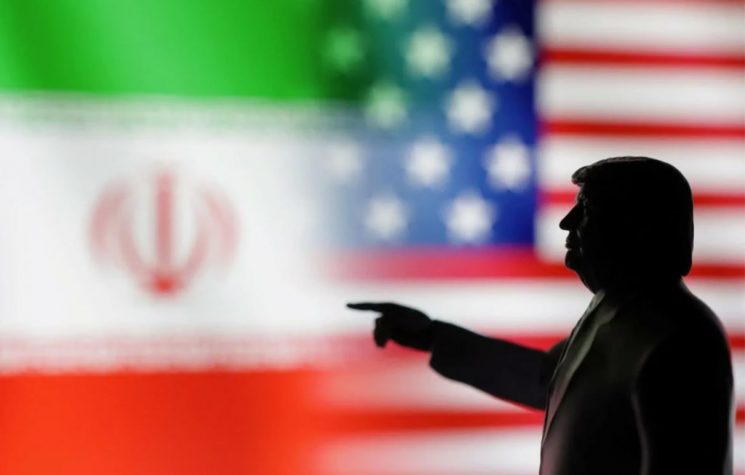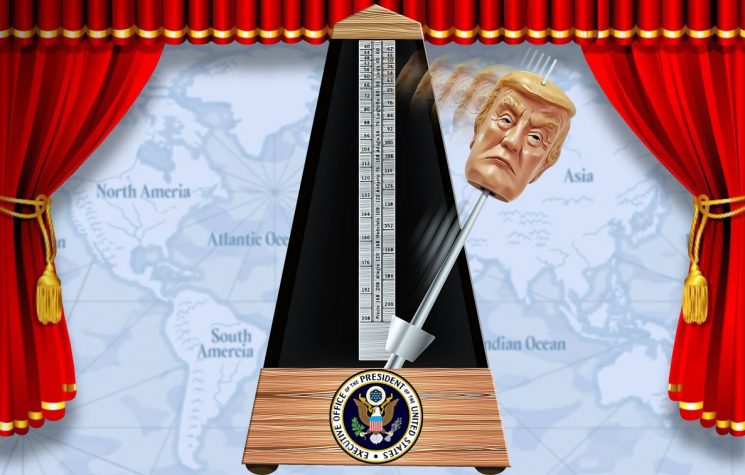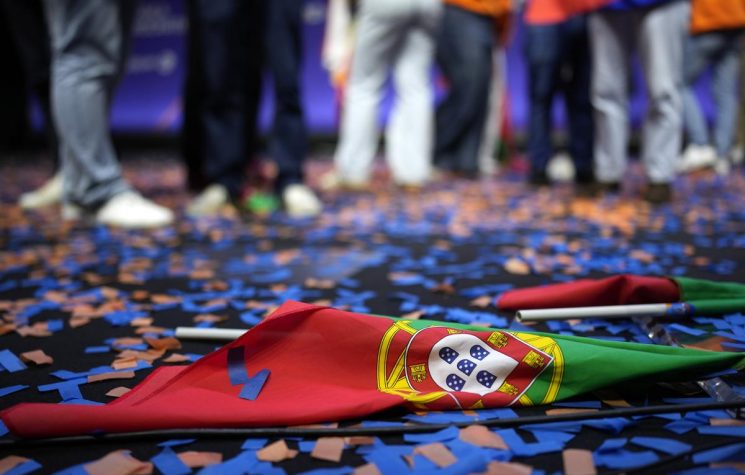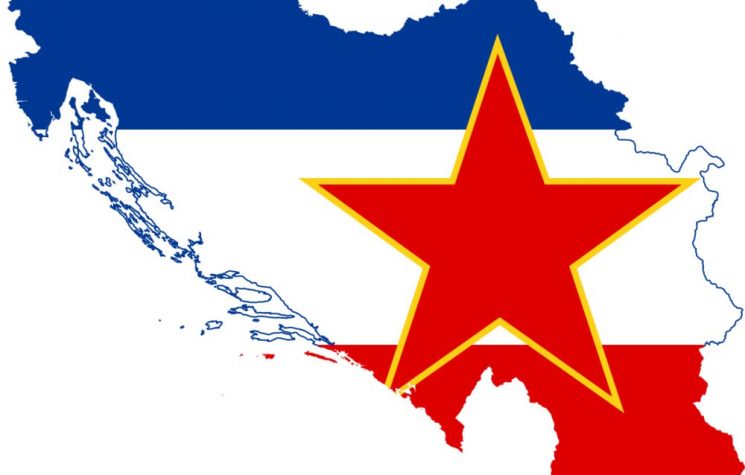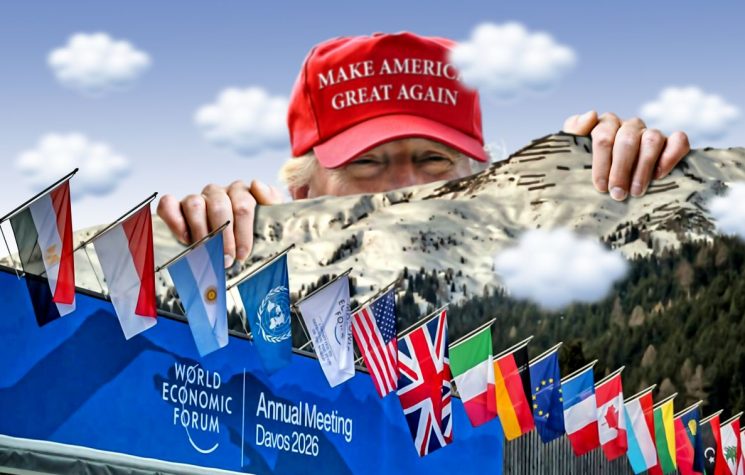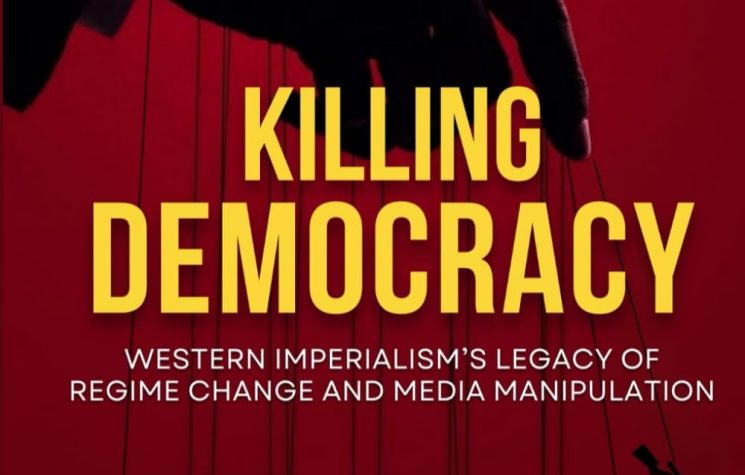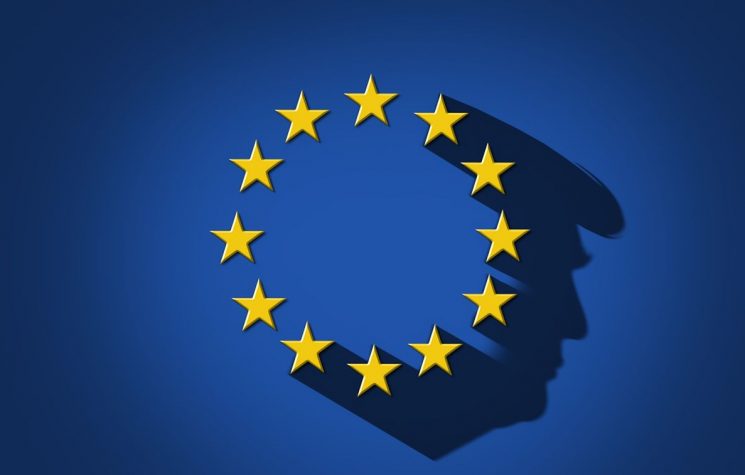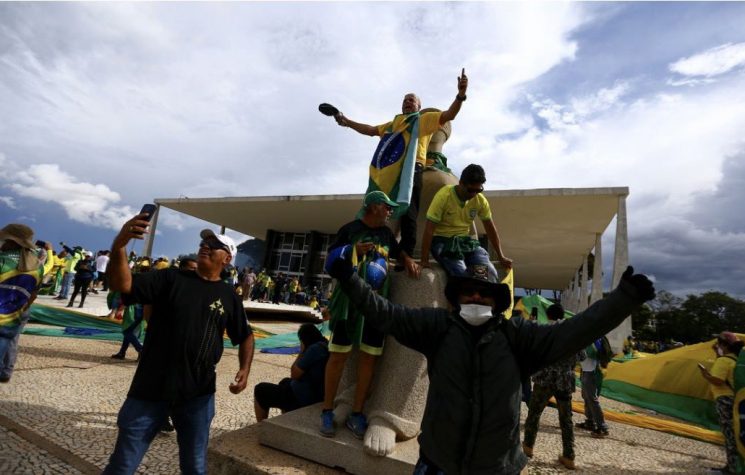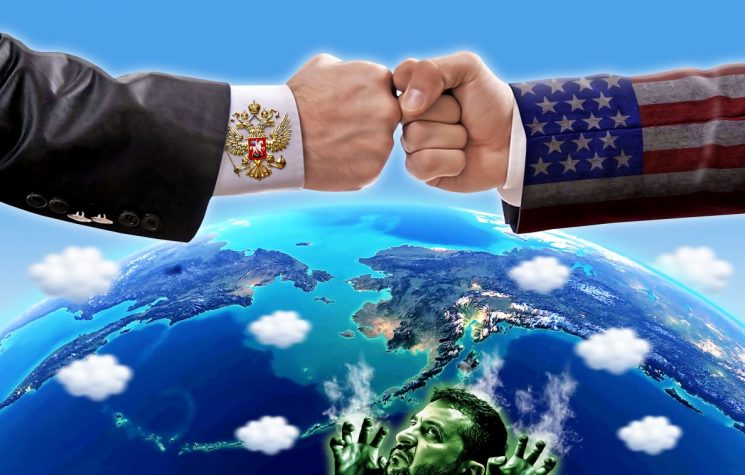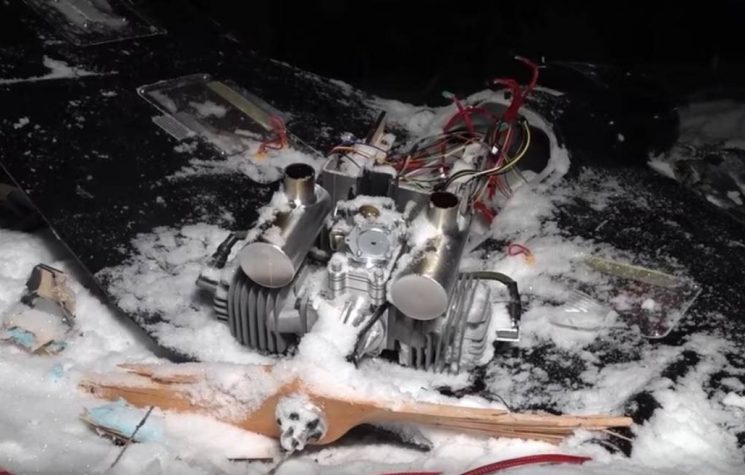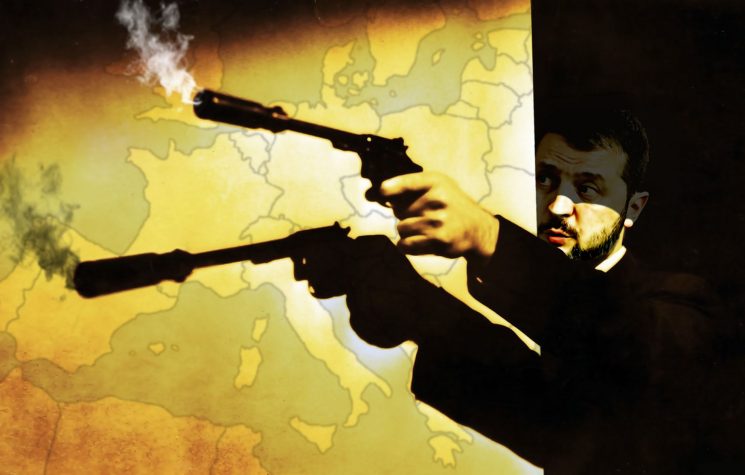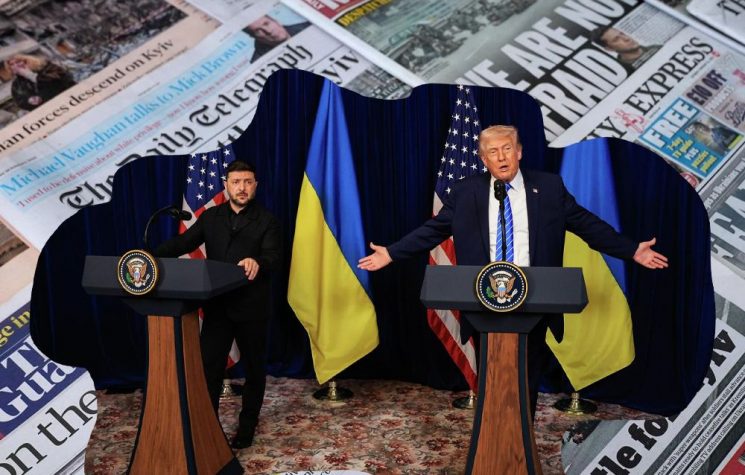Pravda lied to us about the USSR, but it told the truth about the West.
– Contemporary Russian joke
In a previous essay I argued that Russia was not a European country. It was its own thing – a civilisation-state. I used a Toynbeean argument that the history of Europe could be written without ever using the word “Russia” up until the time of Peter the Great. I expected to cause some angst given the associations that the word “European” has accumulated over the five centuries of world rule. Promotion to European status was attractive: vide Mohandas Gandhi looking quite unusual in a stiff collar and tie. Russians felt this appeal especially in the late 1800s when so many rich cultured Russians were to be found in the fashionable watering-holes of Europe that it was worth building churches for their use. The height of sophisticated table service was à la Russe. A Russian was one of Freud’s most famous patients. Russians were especially welcome in France as an ally against Germany.
The Bolshevik coup rather spoiled this trend – even if Soviet Russia became a new sort of ideal for world communists. But with the end of the USSR, the idea re-surfaced. The height of the notion that Russia had “joined” or even “re-joined” Europe was in the Gorbachev years of Europe from the Atlantic to the Urals, or even from Vancouver to Vladivostok. “A new era of Democracy, Peace and Unity” “a time for fulfilling the hopes and expectations our peoples have cherished for decades”. Attractive, appealing; many welcomed it. But not all: for them Russia, with or without communists, was The Enemy. Whatever Moscow was actually doing – breakup of the Warsaw Pact, collapse of the USSR, taking on the USSR’s debts, moving tanks and guns out of Europe, signing on to every declaration the West asked it to, filling its government with Western advisors – it was just biding its time and plotting revenge.
NATO has proved itself to be peaceful and the West’s CFE commitments add to that assurance. But as Russia recovers and rearms, as history suggests it will, Moscow’s imperialist urge might well rise again. Then it will be too late and ‘provocative’ to redraw the defence line. (William Safire, International Herald Tribune, 3 Oct 1995.)
Russians have no one to blame but themselves for the brutal dictatorship they built in their own country and imposed on their neighbours. (Chrystia Freeland, Financial Times, 29 May 1996.)
…Caspar Weinberger issued a powerful warning that American policy makers, in their preoccupation with NATO’s expansion, may be missing the fact that Russia has a truly ominous enlargement initiative of its own – ‘dominance of the energy resources in the Caspian Sea region.’ As he observes in the attached op.ed. article which appeared on 9 May in the New York Times… ‘If Moscow succeeds, its victory could prove much more significant than the West’s success in enlarging NATO.’ (Center for Security Policy, Washington, 12 May 1997.)
As is generally known, Russia has had great difficulty adjusting to the fact that its empire, built by conquest over centuries, disappeared in 1991, depriving it of rich borderlands and nearly half its population. (Richard Pipes: “Russia’s Designs on Georgia”; http:/www.intellectualcapital.com 14 May 1998.)
There is an expansionist mentality among Russia’s ruling elite, deeply rooted in the country’s past, which makes it difficult for them to consider forming a partnership with the West. This almost permanent urge for territorial expansion has at the same time become a scourge for the Russian people, who continue to live in appalling poverty in a country rich in resources. (Jan Nowak “What NATO can do for Russia” Washington Times, 19 Apr 2000.)
Note that the quotations above date from the Yeltsin period. When he left, the whole period was re-marketed, re-polished and re-truthed into a potential golden age:
These people won the opinion battle: rather than comity, unity, hopes and expectations, reality recorded NATO expansion, the NATO/U.S. war in Kosova, NATO/U.S. interventions everywhere, NATO/U.S. colour revolutions, NATO/U.S. meddling in Russia’s neighbours, NATO/U.S. wars in the Middle East – the never-ending “serious security challenges” of Russia, Russia, Russia.
Russians today must wonder whether all the welcoming words and happy thoughts were just a fraud to get the tanks out of Eastern Europe. To older Russians, NATO expansion was a military alliance ever closer; to young Russians, a slamming of a door in their faces. To George Kennan, “a tragic mistake“. There’s little point in going through the three decades since the Charter of Paris: none of it happened. I’m not here interested in attempting to ascribe blame – although the importance of NATO expansion cannot be glossed over with piffle like “Just as the origins of NATO expansion were benign, so too has been its impact on Russian security” – but many Russians agree with the bittersweet joke quoted above: Pravda was lying when it said the USSR was wonderful but telling the truth when it said the West was bad.
Years of accusations that Putin kills reporters, shoots down airliners, poisons people, steals money, invades his neighbours, has too many watches, sics his dog on Merkel, gunslinger walk and so on and on: no accusation too stupid to gain eyeballs. Conclusions presented before evidence, evidence too secret to be shown, trials in camera, verdicts pre-written. 2012 “The Dictator” 2016 “Vladimir Putin will always be America’s enemy” 2017 “Inside Putin’s Campaign to Destroy U.S. Democracy” 2020 “Putin, a criminal and incompetent president, is an enemy of his own people“. The people who called Russia the once and future enemy were on the margins in the Yeltsin period, now they set the tone. You can even get Pulitzer Prizes for making up anti-Russia stories.
One accusation fades, another one appears. Rachel Maddow doesn’t apologise to her audience for all their time she wasted, nor does Hillary Clinton admit she lost the election fair and square. Nor will either apologise to Putin. Silence about the last Putindunnit fraud as we invent the new one: the riots in the USA are out of the “Russian play book“. And, when Russians aren’t met with hostility, it’s the most absurd condescension: Mercouris gives a perfect illustration of Macron trying to treat Putin like a colonial subject come to learn manners.
Well, Russians have figured it out: they weren’t welcome, they aren’t welcome and they never will be welcome. They are forever aliens. A 2014 poll shows it:
Russians’ attitudes toward the United States and President Barack Obama are extremely unfavorable and have grown sharply more negative in the last couple of years. While opinions toward the European Union also worsened, Russians increasingly view China favorably. Russians see China as an ally and the United States and the European Union as adversaries
It is unlikely, to put it mildly, that another 6 years of hysterical Russophobia will have convinced the Russian public that the West is more welcoming.
At the same time Russians – who it should be understood are well exposed to happenings in the West: lots of them travel, lots of them have Internet and can read and see what’s out there – are deciding that the West is not as attractive as they thought it was. Westerners obsess on LBGT issues but it’s far deeper than that. Russia is, by current Western standards, pretty conservative on social issues. Which is to say that it is much as the West was in the 1950s. They aren’t impressed by what they see. In 2004 only 29% thought the West was a “good model” and four years later that had dropped four points. Ten more years of riots, unemployment, police violence, wars and opioids will not have added any points.
So, as far as Russians are concerned, the West has lost most of the attractiveness that, in the USSR days, they thought it had. Rejection, blame, accusations, condescension, insult, propaganda – a fast tarnishing model.
Gordon Hahn, an astute observer, saw this a year ago. For three centuries Russia has been “on its Western journey”. Which, Hahn argues, by entangling Russia in Europe’s ever-shifting alliance patterns and wars, was not much to Russia’s advantage: “a weighty downside”. He concludes that, after the Western rejection of all Moscow’s overtures and after observing the West’s actual practice of its lofty “values”,
Putin’s Russia now rejects the post-modernist West and its neo-imperial civilizational, indeed, ‘civilizationalist’ ambitions in Russia’s neighborhood and beyond. Instead of seeking to be part of the West or defeat the Western geopolitical paradigm, it seeks along with China and, in some respects, India and several more regional powers in building an alternative global civilization to that in the post-modern West, with which Russia, China and others will merely seek to coexist.
Perhaps, one day, he concludes, Russia will turn West again but it won’t be soon. Vladislav Surkov, a man who has been in and around power in Russia for some time, thinks the same: Russia tried the East, tried the West, nowhere has it been welcome.
Russia is a west-eastern half-breed country. (Россия это западно-восточная страна-полукровка.)
We have just had Putin himself call Russia a “separate civilisation“.
I agree, it’s over. The romance has been burned out, trampled on, spat on. We return to Simonyan’s essay. She spent a year in the USA so she’s hardly ignorant of the actuality. The title says it: “Why we don’t respect the West anymore” – it should be read. I think she speaks for a lot of Russians (and many, many others in the world as well).
with all your injustice and cruelty, inquisitorial hypocrisy and lies you forced us to stop respecting you. You and your so called ‘values.’








